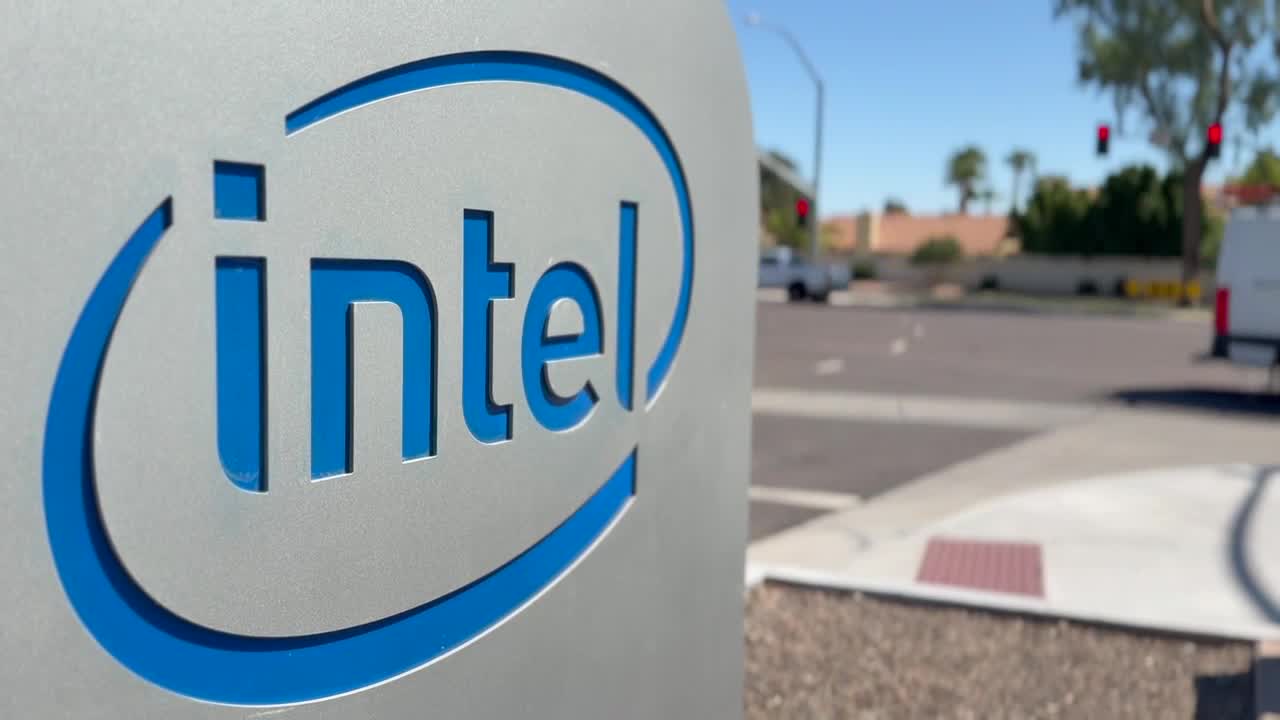Free enterprise is meeting federal power as the Trump Administration is taking a controversial step by becoming one of Intel’s biggest investors.
The federal government spent about $10 billion for a 10% stake in the chipmaker, which has major operations in Arizona. Former Intel employee Alan Steinberg says the move could reshape the future of U.S. semiconductor manufacturing and have ripple effects across Arizona’s economy.
“Anytime the federal government takes an ownership position with taxpayer money, it’s a concern,” Steinberg said.
However, Steinberg says in this case it’s the right move. Steinberg says many foreign governments financially help their chip-making companies. A stake in Intel meant to ensure America doesn’t rely on foreign companies to supply chips.
“Keeping the pedal to the metal on advanced semiconductor manufacturing in the U.S. is absolutely essential to the future of U.S. economic and military success,” Steinberg said.
Much of Intel’s future manufacturing will take place at the company’s massive Ocotillo campus in Chandler, home to thousands of workers and ongoing multi-billion-dollar fabrication projects.
“Hopefully it’ll mean more jobs for Arizonans,” said Nick Mansour, a Valley entrepreneur and candidate for state treasurer.

Do you have a concern in your community or a news tip? We want to hear from you!
Connect with us: share@abc15.com
But that is Mansour’s optimistic view. Overall, he says the move is worrisome for many in the business world.
“We have a long history of free markets being the right way for business to run,” Mansour said.
The 10% stake is passive, meaning no board seats and no votes for Uncle Sam. However, even if the stake is passive, Mansour says companies like Intel typically pay attention to the wishes of their large shareholders, and isn’t convinced President Trump will take a back seat.
“We’ll see how passive our President is in this case. Passive is not how I would describe him,” Mansour said. “In this case the government is a large investor in Intel and you can’t ignore a ten percent owner, so if the government wants certain things to happen Intel will have to listen to that.”
If the government were to try steering the company, Mansour warned Intel, the U.S. economy, and Arizona workers could be the ones to lose.
“This is only one deal so it’s too early to say. And if it’s the only thing that happens, then maybe it’s not a bad thing other than a bad precedent is being set.”
“Bad precedent” is also how Arizona Senator Mark Kelly described the deal. Kelly helped pass the CHIPS and Science Act during the Biden administration, legislation designed to fund U.S. semiconductor growth.
Now, President Trump is using some of that money, which was meant for grants, to buy the Intel stake.
In a statement to ABC15, Kelly said,
“I worked for nearly two years to negotiate a bipartisan agreement and get the CHIPS and Science Act signed into law. The goal of our legislation was to bring microchip manufacturing back to America, lower costs, and create great-paying jobs. We must make sure that Intel succeeds, but I’m concerned that the Administration’s recent action could set a bad precedent that ultimately leads to companies deciding not to invest in the United States and going overseas, which would directly undermine the goal of our bipartisan effort.”
Even with federal backing, Intel continues to tighten its workforce. The company issued a WARN notice this week, saying up to 97 Arizona workers could be laid off as part of ongoing reductions.






